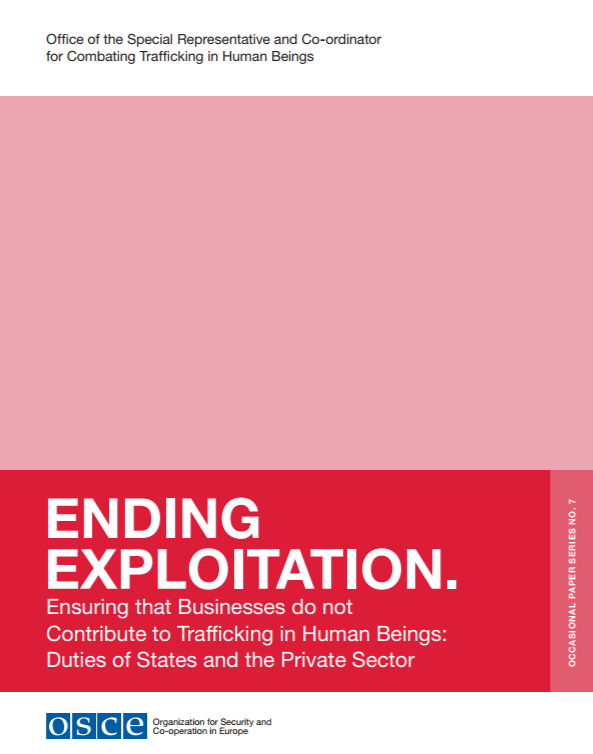An Ethical Framework for Cross-Border Labor Recruitment: An Industry/Stakeholder Collaboration to Reduce the Risks of Forced Labor and Human Trafficking – Verite and Manpower Group, 2012
GuidanceStandards & Codes of ConductPublicationsThe Ethical Framework for Cross Border Labor Recruitment offers a set of specific operational practices (“Standards of Ethical Practice”) for recruitment firms that operate across borders. These practices are reinforced by a Verification and Cer...Read More

